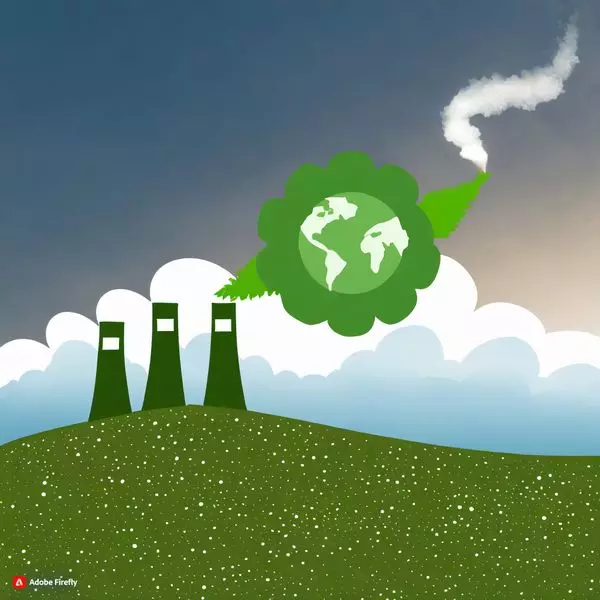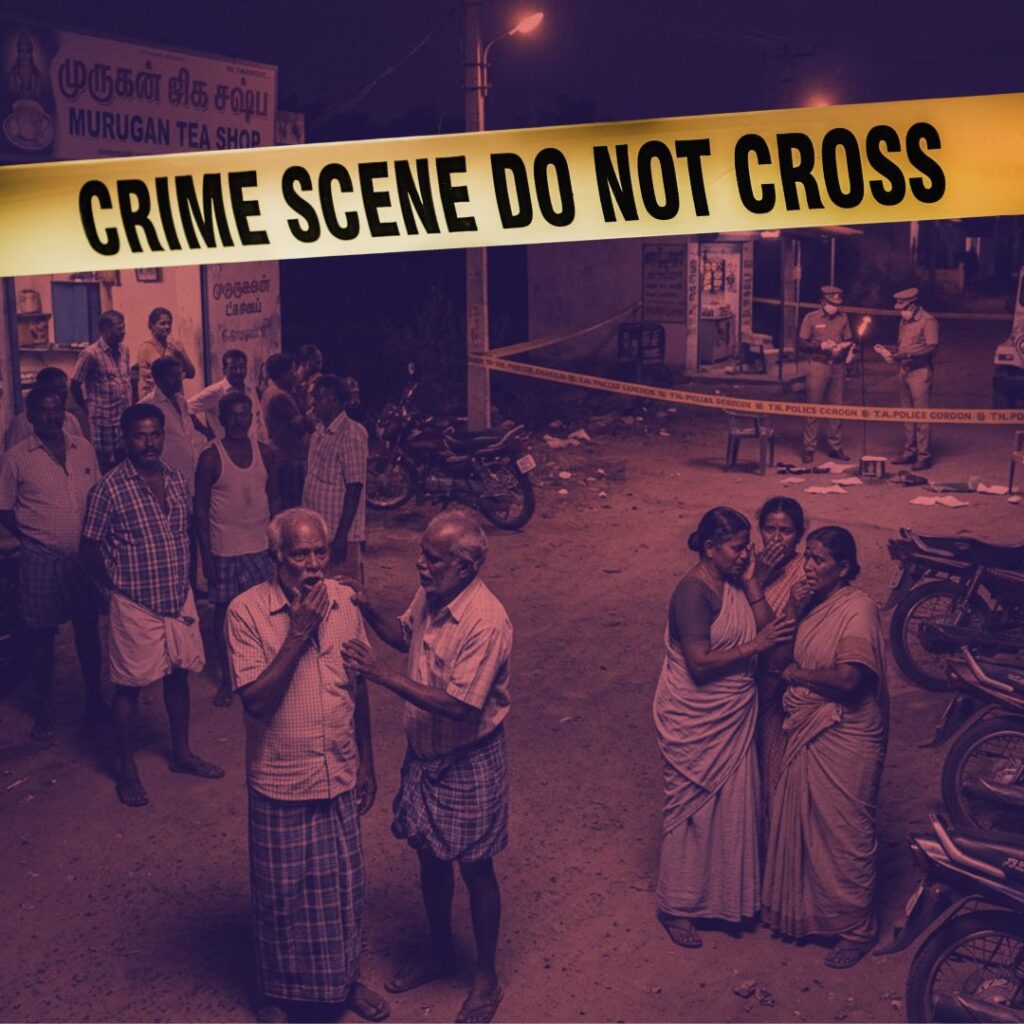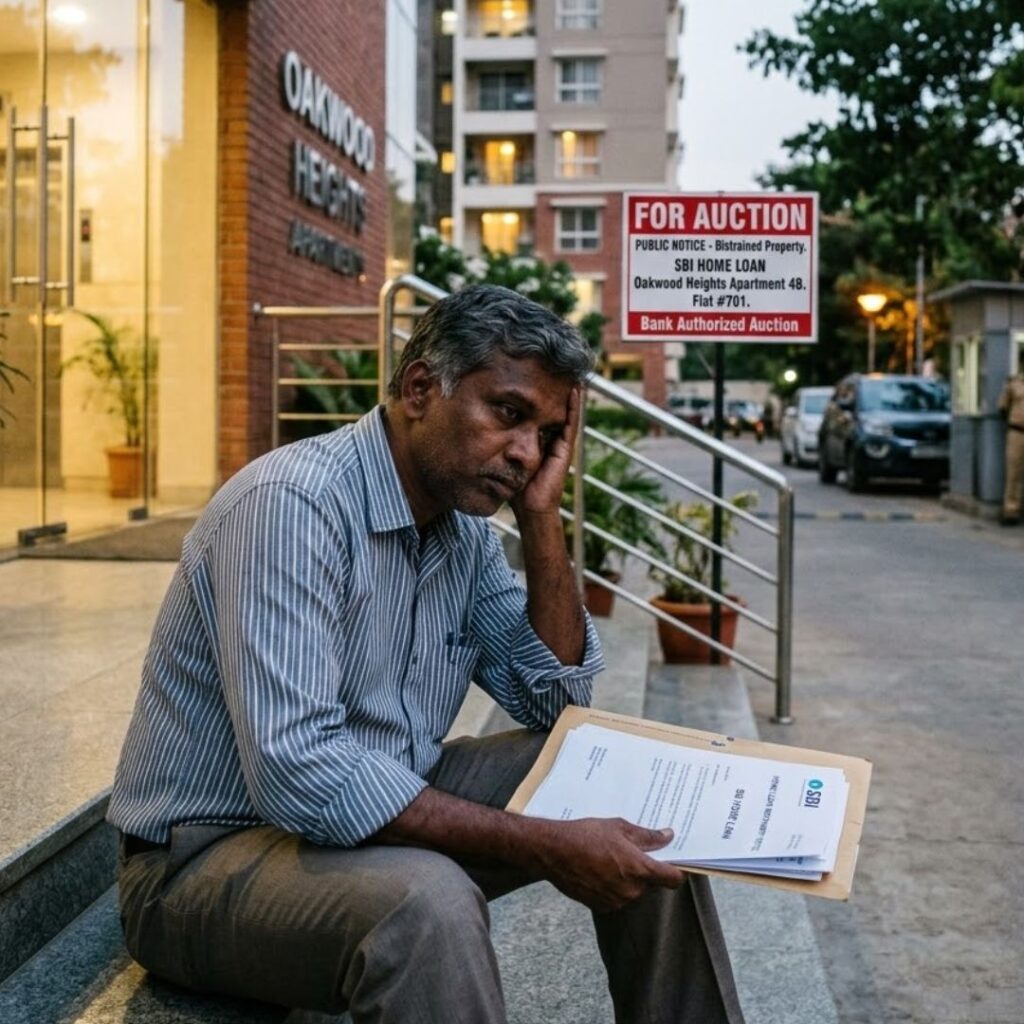In a recent development, the Indian government has voiced its concerns over the disproportionate consumption of the global carbon budget by developed nations, leaving countries like India with limited room to address their future emissions. Minister of State for Environment, Ashwini Kumar Choubey, addressed these concerns during a session in the Rajya Sabha, asserting that India is taking substantial steps to combat climate change, despite facing significant challenges.
The Global Carbon Budget Disparity
The minister highlighted the stark reality that developed countries have used more than 80 percent of the global carbon budget, which dates back to 1850 and is crucial for limiting the average temperature rise to 1.5 degrees Celsius by the year 2100. This leaves countries such as India with what Choubey described as “very little carbon space for the future.”
Choubey went on to stress that rich nations are encroaching upon India’s already diminished carbon entitlement. However, India has chosen to align its climate policies with its commitment to spearhead sustainable development for the global community while addressing the needs and aspirations of its people, economy, and society.
India’s Emissions and Per Capita Comparisons
The minister provided important data to support India’s stance. India’s annual emissions were reported to be significantly lower than the three leading emitters: China, the United States, and the European Union. Furthermore, India’s per capita emissions are considerably below the global average. The figures, as per a report from the United Nations Environment Programme, indicate that India’s per capita greenhouse gas emissions stand at 2.4 tCO2e (tonne carbon dioxide equivalent), while the global average is 6.3 tCO2e.
In comparison, the per capita emissions in the United States were notably higher at 14 tCO2e, followed by Russia at 13 tCO2e, China at 9.7 tCO2e, and Brazil and Indonesia, each at approximately 7.5 tCO2e. The European Union had per capita emissions of 7.2 tCO2e.
India’s Commitment to Climate Action
Choubey emphasized that India’s efforts must be evaluated considering both equity in mitigation and the climate actions it has undertaken. He argued that, in both respects, India is going above and beyond what is fair and necessary.
India recently updated its nationally determined contributions (NDCs) in August 2022. The new commitments include reducing the emissions intensity of GDP by 45 percent by 2030, relative to 2005 levels, and achieving 50 percent cumulative electric power installed capacity from non-fossil fuel-based energy resources by 2030.
It is worth noting that India has primarily financed its climate actions through domestic resources, illustrating its commitment to addressing climate change with its own means.
Global Climate Challenge and Call for Responsibility
The global climate situation remains a challenge, with the Earth’s global surface temperature having risen by approximately 1.15 degrees Celsius, closely tied to increased carbon dioxide emissions since the industrial revolution. Without significant action, the world is on track for a temperature rise of around 3 degrees Celsius by the end of the century.
According to climate science, the world must halve emissions by 2030 compared to 2009 levels to have a reasonable chance of achieving the 1.5-degree target.
Developing countries, including India, argue that wealthier nations should bear greater responsibility for emission reductions, given their historical emissions. They also call for the provision of necessary means, including finance and technology, to assist developing and vulnerable nations in transitioning to clean energy and adapting to climate change.
However, commitments made at previous climate talks, such as the promise by developed countries to provide USD 100 billion annually by 2020 to aid developing countries in combating climate change, have not been fully realized. A recent assessment suggests that this commitment may only be met in 2023, three years past the target date, primarily due to increased financing from multilateral development banks.
Bilateral public finance, a key indicator of direct contributions from developed countries, has shown little measurable increase since 2016, indicating important shortfalls in its quality.
The debate over equitable burden-sharing and climate finance continues, highlighting the complexities surrounding climate change mitigation efforts and the urgent need for collective global action.
Also Read: Dengue Fever Outbreak: Protecting Your Health with Top Prevention Tips
https://thelogicalindian.com/h-upload/2023/10/12/500x300_233846-fireflyanimageshowingcarbonemissionwithouttext37024.webp
Trending
2023-10-12 12:19:53.0
India’s Concerns Over Global Carbon Budget Inequity & Climate Action Efforts











